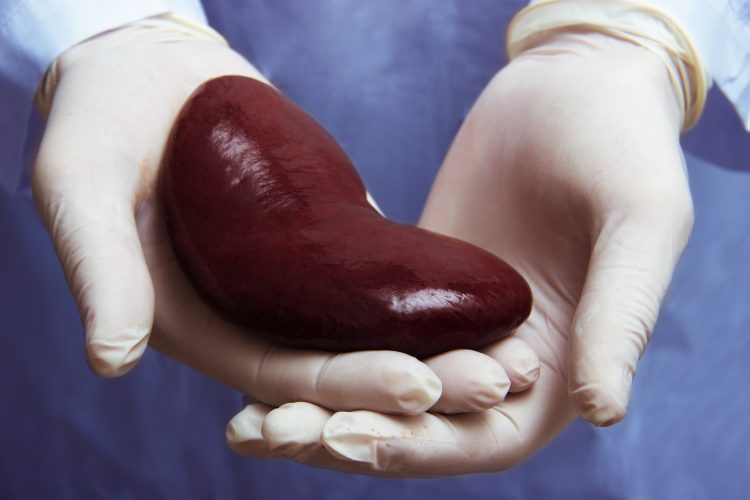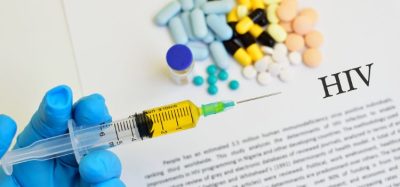EMA recommends Idefirix (imlinfidase) is granted marketing authorisation
Posted: 2 July 2020 | Hannah Balfour (European Pharmaceutical Review) | No comments yet
The European Medicines Agency (EMA) recommended Idefirix is granted conditional marketing authorisation for highly sensitised patients awaiting kidney transplant.


The European Medicines Agency (EMA) has recommended conditional marketing authorisation should be granted to Idefirix (imlinfidase) for the treatment of highly sensitised adult patients waiting for a kidney transplant.
When a kidney from a deceased donor is offered for transplant, crossmatch tests are performed against all patients on the waiting list. The test checks whether a patient has specific antibodies against the potential donor.
Highly sensitised patients have exceptionally high antibody levels that react to the donor’s tissue which shows up as a positive crossmatch test, making it more likely that the body will reject the donor organ. Patients with this result are therefore not eligible for transplant, and the available kidney is typically offered to other patients on the waiting list. There is an unmet medical need to desensitise these patients and convert a positive crossmatch into negative for them to become eligible for kidney transplantation.
Idefirix is made of an enzyme derived from the bacterium Streptococcus pyogenes, which breaks down antibodies called Immunoglobulins G (IgG). IgG is produced by the patient against the transplanted organ. By breaking down IgG, the medicine is expected to prevent the patient’s immune system from attacking the transplant organ. Through this mechanism the drug should ultimately reduce the risk of rejection.
Idefirix is recommended for a conditional approval to facilitate early access to medicines that fulfil an unmet medical need. This type of approval allows the agency to recommend a medicine for marketing authorisation with less complete data than normally expected, in cases where the benefit of a medicine’s immediate availability to patients outweighs the risk inherent in the fact that not all the data are yet available. The company must now submit additional efficacy and safety data based on one observational follow-up study and one post-approval efficacy study.
The efficacy and safety of Idefirix as a pre-transplant treatment to reduce donor specific IgG and enable highly sensitised transplant candidates to be eligible for kidney transplantation, was studied in three open label, single arm, six-month clinical trials. In these studies, 46 sensitised patients were transplanted. All patients who were crossmatch positive when included in the study were converted to negative within 24 hours after treatment with imlifidase. The studies showed also excellent results on kidney function and graft survival after six months.
The most common adverse reactions reported with this treatment were infections, such as pneumonia, urinary tract infection and sepsis and infusion-related reactions. The effect of Idefirix is temporary, and therefore does not preclude the need for standard immune suppression in kidney transplant patients.
The conditional recommendation will be passed onto the European Commission for a decision.
Related topics
Antibodies, Drug Safety, Drug Targets, Regulation & Legislation, Research & Development (R&D), Therapeutics









